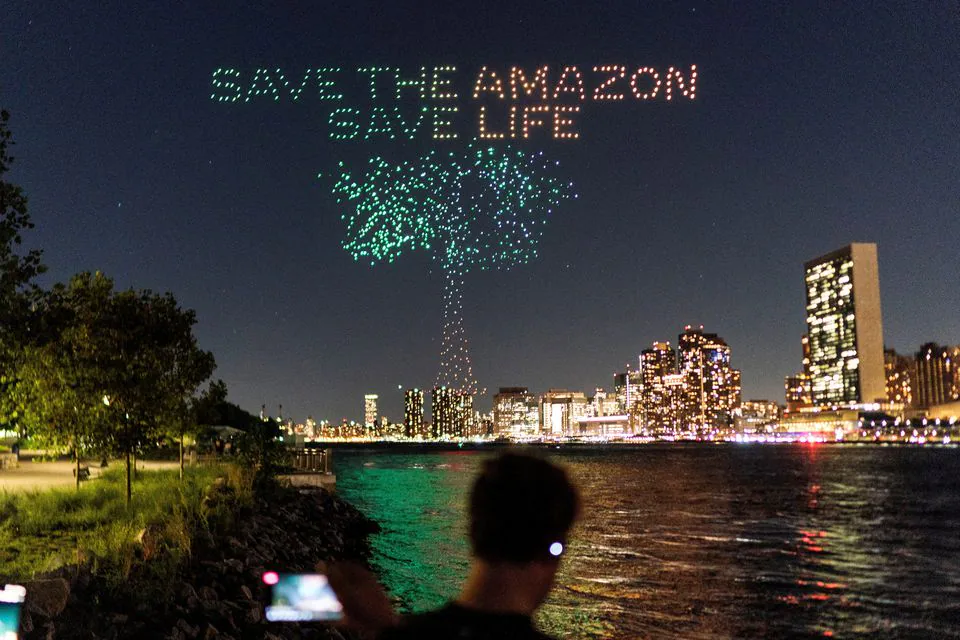
Nearly two-thirds of climate finance commitments from the developed world between 2013 and 2021 – a total of $343 billion – were never reported as disbursed or had little connection to climate, a new analysis from the ONE Campaign showed.
ONE, a non-profit advocacy group, said its analysis of open-source data on public international climate finance from developed countries and multilateral institutions highlights an “alarming lack of transparency”. It also underscored the chasm between climate finance needs in emerging markets, many of which are battling debt crises, and what rich countries are providing, ONE added.
“There’s no kind of auditing or checking of what is reported,” David McNair, executive director of global policy, told Reuters. “There’s no kind of accountability.”
The ONE Campaign said Western nations reporting projects unrelated to climate – ranging from a coal power plant to coastal hotel projects – as climate finance further depleted from the promised funding.
Two groups – the Organisation for Economic Cooperation and Development and the United Nations Framework Convention on Climate Change – compiled the data based on what countries submit and how they classify the spending.
Neither group immediately responded to request for comment emailed on Wednesday evening.
While developed nations have pledged to send $100 billion a year toward helping developing countries cut emissions and adapt to climate change, there are no rules or official guidelines outlining what they can report to the United Nations as climate finance.
ONE’s analysis found that between 2013 and 2021, Nigeria received 75 per cent less than promised – a $4.5 billion shortfall. Kenya also received $4.5 billion less than was promised, while Senegal’s shortfall totalled $2.8 billion.
ONE called for better disclosure rules, transparent and replicable methodologies and for validation of data.
“We need to address this issue so that countries actually have enough money to invest in clean energy and invest in resilience to change.”
- A Reuters report











